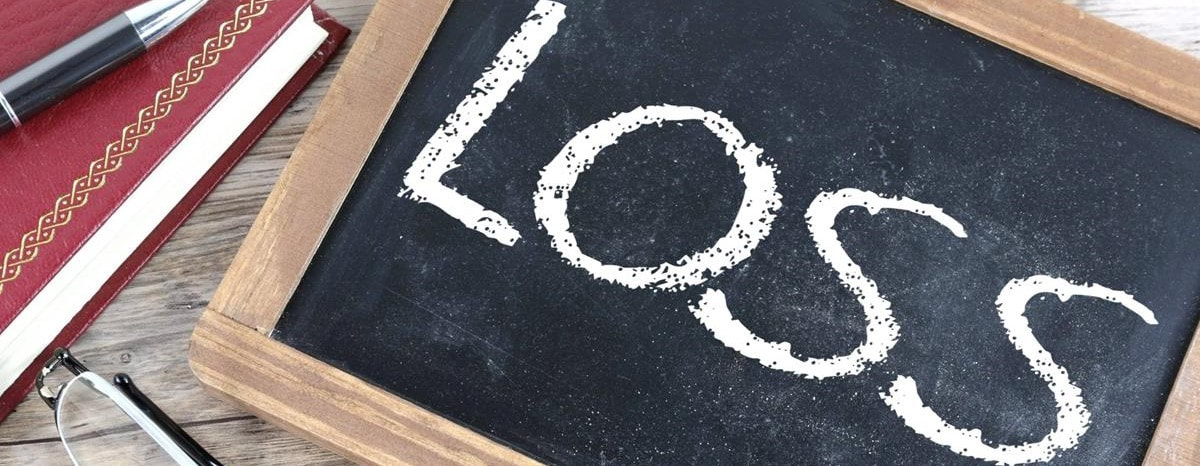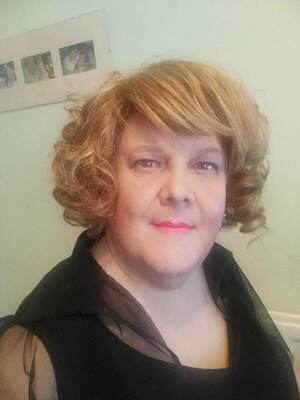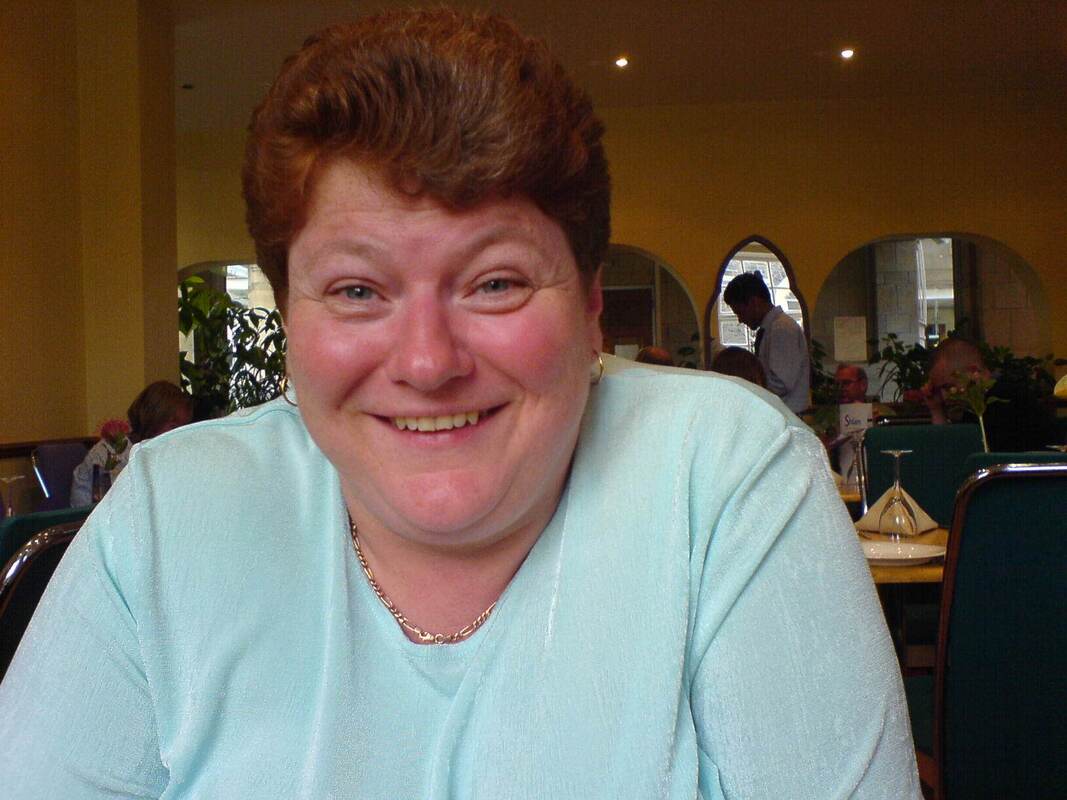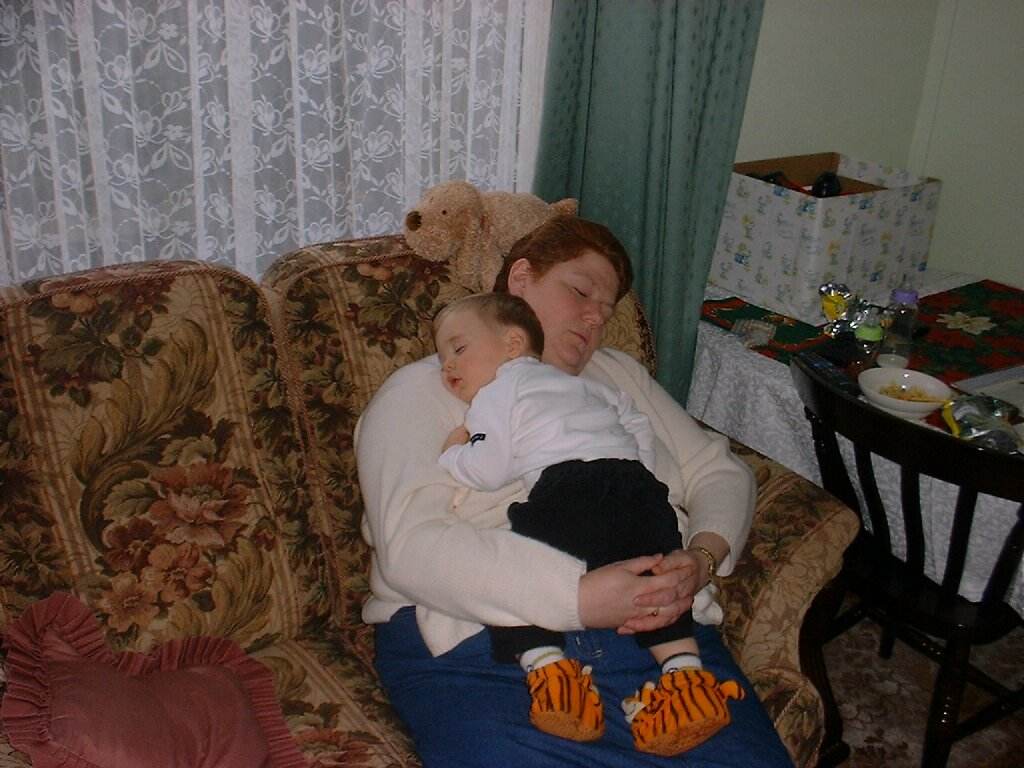|
There isn't much information on the issues associated with the combination of grief and the menopause. So this is going to be rather shorter than I hoped it would be. The symptoms of the menopause, such as lack of sleep, loss of self-confidence, low mood, anxiety, brain fog, weight changes, emotional overload, exhaustion and flare ups in other health conditions, can overlap with many of the experiences in grief and blur in together. This can make it harder to work out what is grief and what is the menopause and makes both feel worse. The stress associated with grief may also worsen menopause symptoms, and there is a possibility that stress could even bring on an earlier menopause. There can be grief associated with the menopause itself, which could complicate the grief of bereavement. Menopause can bring up thoughts of the loss of youth and of aging, which may trigger grief about the loss of a partner.
For people who are grieving, the menopause can highlight the secondary loss of the chance of conceiving and carrying a baby. This can be especially hard for those who were trying for children at the time of their partner's death. The menopause also comes at a time where people may be caring for aging parents, or grieving their loss and missing their support. The fact that the symptoms of perimenopause and menopause and the symptoms of grief are so hard to separate may also mean that women (and trans and non-binary people) don't seek help for menopausal symptoms at what is already a difficult and overwhelming time. Coping with grief and the menopause Like grief, there is no one solution to the menopause. Be aware that the menopause may be masking or adding to your grief symptoms and be gentle with yourself. If you are struggling with the menopause talk to your doctor – there are options that can help you deal with the physical and psychological symptoms. Grief is bad enough without the menopause making it worse. HRT can help with some symptoms (I have just started with HRT patches to see if they can help with my fluctuating body temperature and disturbed sleep). The Menopause Charity's website has information, news and expert advice, and the NHS website has a section on 'Things you can do'.
0 Comments
Losing a partner is a huge and catastrophic loss, and with it come a whole battery of secondary losses. This includes a loss of confidence and a loss of who we feel we are.
Losing confidence in yourself By taking away the person who was closest to us, bereavement can affect our sense of self, our self-esteem and our view of who we are. It takes our past, our present and our future, and leaves us feeling as if the carpet has been pulled out from under our feet. Losing confidence in your grief Early on in my grief I lots confidence in my ability to grieve. Was I grieving too much or too little? Later on down the road some days I thought I was getting over him too quickly, and other days I thought I was taking too long to move forward. Losing confidence in your health When we lose someone that we are close to, it of course leaves us grieving. It can also remind us of our own health and mortality. This can turn into health anxiety, which is worrying too much about whether you are seriously ill or are going to become seriously ill. It can affect your day-to-day life. Losing confidence in the world The death of our partners, especially when it is sudden and unexpected, can erode our confidence in how the world works. If something that catastrophic can happen without warning, what's to stop all manner of other things happening. This can leave us with a loss of hope, depression and A feeling that life isn't worth living any more. Dealing with loss of confidence
This is the second of a two-part guest blog post by Maria Margetts - the first part is here. Maria is a WAY Ambassador representing the widowed LGBTQ+ community The second year of grief started better. I suddenly found (or rather she found me) a new partner. A blind date went up on one of our Widow's Facebook groups and someone said they fancied me. Only one person had shown any interest, so I said her name and was told "yes it's her, go and talk to her". So we had our first chat and one of the first questions that she asked was about some photos that were on my old Facebook profile. The pictures were of me at a Comic Relief Day at work. My wife had arranged with my colleagues to dare me to come into work in 'drag'. These photos were from 1995 and I was still very much in the closet. I was very much in my element but so scared that people would get that this was the real me. She asked me whether I did this often and I admitted to my blind date that yes, this was part of me and had been for a long time. She accepted that, we talked more, and she became my girlfriend. The first time she came to my house she was a little freaked out when she saw my walk-in wardrobe. The one side that still had my wife's clothes, the smaller section was held male clothes, and then boxes and boxes of MY clothes. With this she realised it wasn't just a 'knicker fetish' – this really was part of me. Over the next 18 months our relationship grew, and we each supported the other in our grief. My feelings about who I was, and who I wanted to be were allowed to also grow as my partner slowly came to terms with my other side. I went out shopping as Maria and I was so pleased with how I was. After some prompting from a widow friend and my partner I came out as Trans to one of my Widow Facebook groups. Suddenly I went from perhaps 10 people knowing to 400+. Out of those 400 I had only person who made some awful comments. That person is no longer in my life. Six months after this I came out at work and 2000+ people got to know me as Maria. I changed job in November 2019, starting as my old self, but after three days I picked up a security pass for me as Maria and I never went back as my old self. Since January 2020 I have only been Maria. I got rid of my old clothes within three months and I asked my GP to put me forward for gender reassignment. It's been three years and I haven't heard anything back, such is the queue for this consultation. I may be waiting another five years or more for that first consultation. But there's nothing I can do to make this go faster. I have to wait, but I'm waiting as me. I am Maria. I changed my name in July 2022 and that statement is official. Another step along the way to where I want to be. It's been eight years since my wife died and it's not been plain sailing, by any stretch of the imagination. My son has grown up, having gone through his own grief and adversity, and now has his own little family. I don't see him much now but I've been there for him whenever he has needed me, for whatever reason. My daughter still lives with me and has caused me a lot of strife over the years. And yes there have been times when I've wished it was me that died, that I know Mandy would have coped so much better with my daughter and her special needs. Or maybe not. We will never know. This is the first part of a two-part guest blog post by Maria Margetts - the second part is here. Maria is a WAY Ambassador representing the widowed LGBTQ+ community In February 2015, after seven years and two bouts of cancer, my fabulous wife Mandy died and my world turned upside down. She looked after the house; she looked after my kids and I. She loved me and I couldn't see how I could live without her. It wasn't until I was a few months down the line that I realised how much this was true. Six months after Mandy died I found WAY (Widowed and Young), joined and I got to listen to hundreds of voices who sounded like me. That were going through the same things as me. And I realised I hadn't grieved, and I crashed and burned. My first December, first Xmas without her, her birthday and our 25th wedding anniversary hurt so much that I melted down Christmas Day, at my mom's and found myself, Sunday best clothes on, in the pouring rain, trying to climb up the Client Hills, where I scattered her and my son's ashes, to be with her. Halfway up, soaked and mud filling my shoes, I turned back and went home and sobbed all afternoon. Me and my other self I had been questioning who I was all my life. My late wife Mandy met, fell in love with and married him. My other self. She didn't start to meet the real me until a couple of years into our marriage, after I tried on some clothes that I'd bought her but she didn't like. When I was around 11 or 12 I stole some of my mum's clothes, but I got too big for them. I started college then work, I had to hide who I was and forget about it. But in my own home, with my wife's acceptance, I started showing this part of me. For 25 years I hid who I was from the outside world. My wife was very apprehensive about people seeing me or knowing about me. "What would the neighbours say?". It wasn't until the last three years of my wife's life that we went out together. Mandy knew how much I hated being on my own and a few weeks before she died she told me to find a new wife, which really upset me. But she didn't realise how much she impacted on this side of me. I realised, very quickly, how much her acceptance of 'Maria' had impacted on how I came out. The first year after Mandy's death I tried to come out a couple of times and I didn't feel I was able. I was crushed by the grief of her loss and I felt that I was just an indulgence. That trying to become 'me' wasn't and shouldn't be my priority. I went back to my male self. A few months after Tim died, I started to pick myself up and get back on with life. I was still heartbroken, but things started to return to, if not normal, a 'new normal'. I went back to work quite soon because as a freelancer I didn't have a lot of choice, and it gave me a structure to my week. However, I found that at around six or seven months, it felt like I'd gone right back to the very beginning. My mental health took a nose dive, I cried all the time, and I had to pull out of two major work projects.
Looking back at how I felt at six months, I think that was the point that the shock wore off and the reality kicked in. I was angry at him for dying and for leaving me so much to sort out. I was lonely. I had widow's fire but was too broken and felt too guilty to do anything about it. And the combination widow brain, depression and ADHD meant that my concentration was messed up. The only way I could get though it was to go back to my early coping strategies – grounding, writing, talking to people in the grief and widow community and taking care of myself. |
AuthorI was widowed at 50 when Tim, who I expected would be my happy-ever-after following a marriage break-up, died suddenly from heart failure linked to his type 2 diabetes. Though we'd known each other since our early 20s, we'd been married less than ten years. Archives
July 2024
Categories
All
|








 RSS Feed
RSS Feed